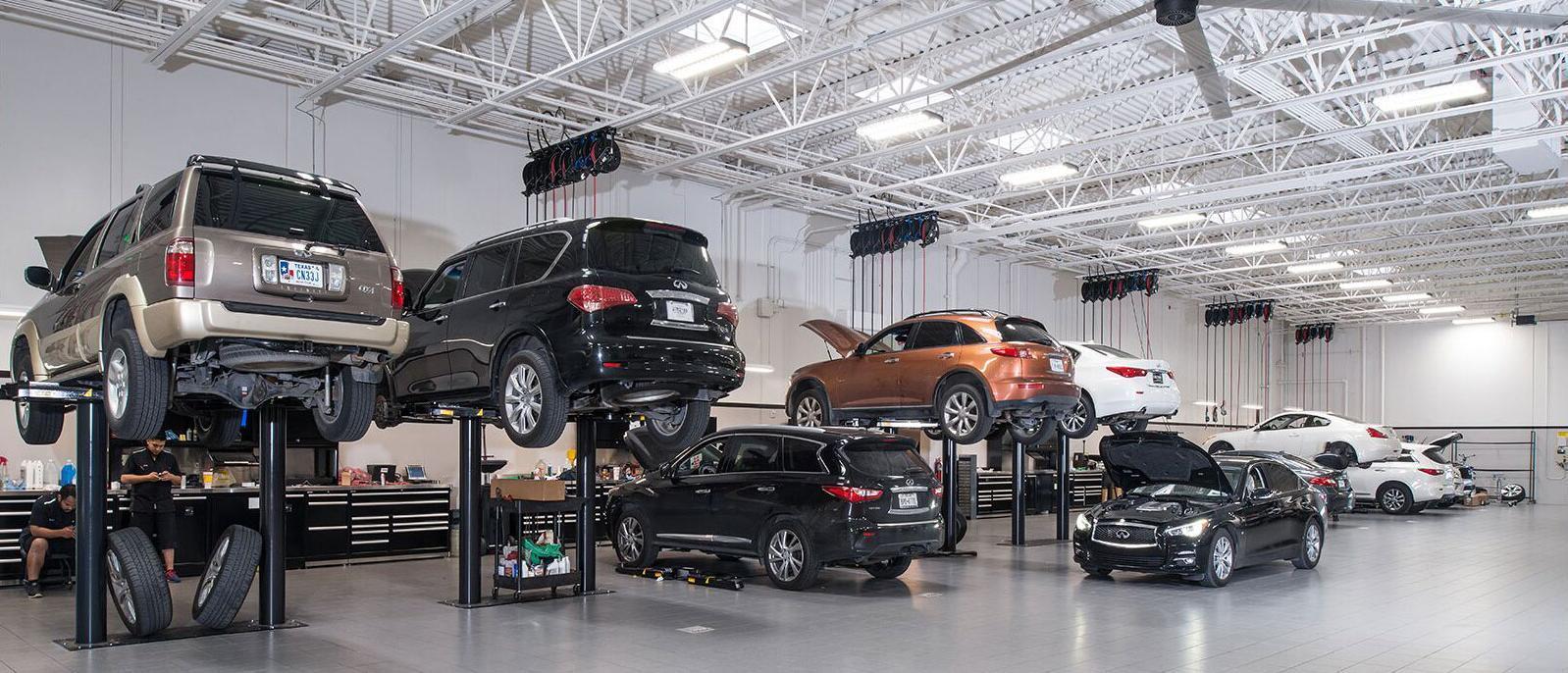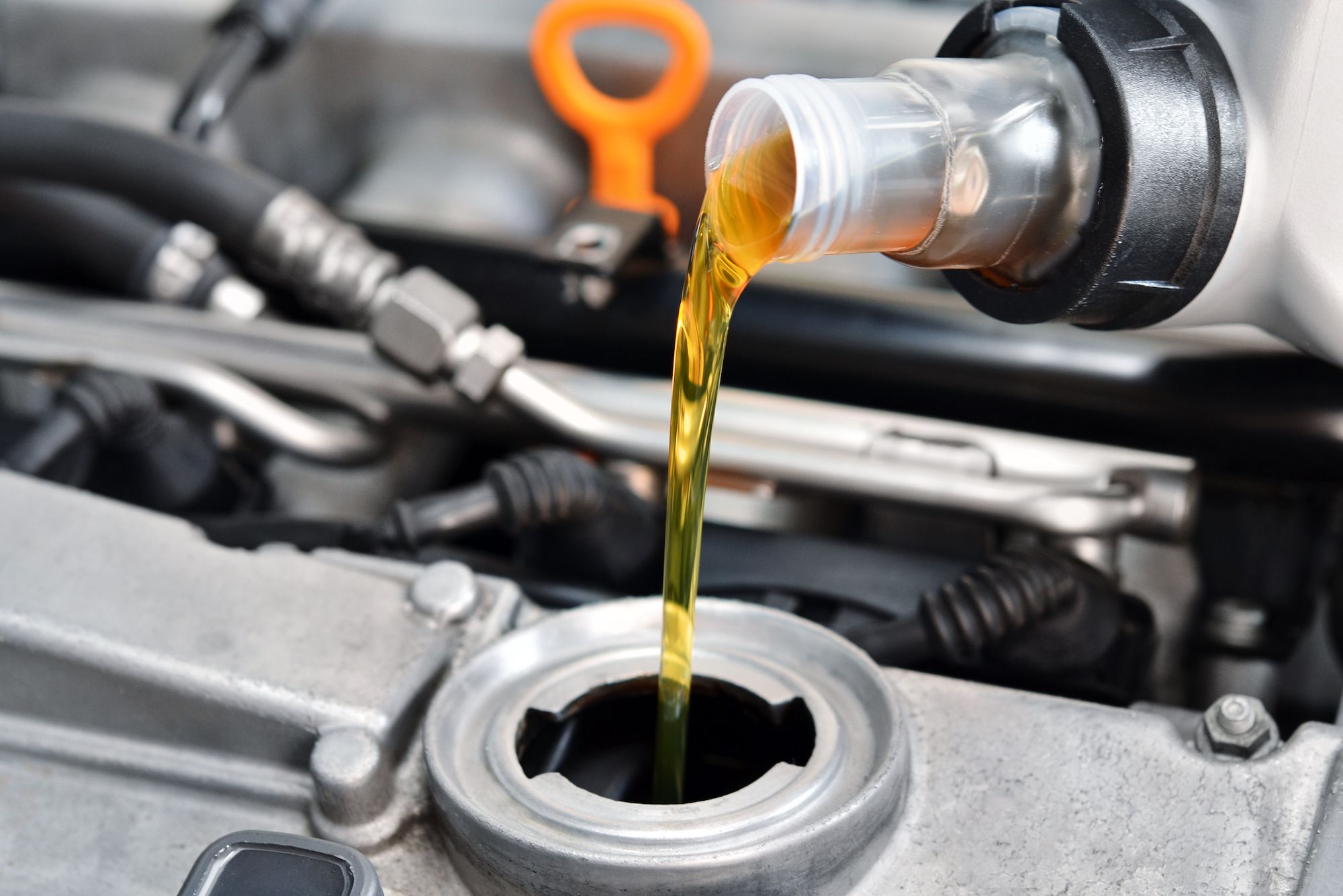All Categories
Featured
When your vehicle starts to get too hot, it can be a stressful and frightening situation. However, understanding exactly how to react in these moments and taking steps to stop future getting too hot can assist safeguard your vehicle and stay clear of expensive fixings. If your vehicle overheats and exactly how to avoid it from taking place once again., right here's what to do.
If Your Automobile Overheats,What to Do. Pull Over and Turn Off the Engine The very first thing you must do if your cars and truck starts to get too hot is to draw over to a risk-free area, such as a parking area or the shoulder of the road. Switch off the engine immediately to stop further damages. Running an overheated engine can cause irreparable damages to the interior components, including the radiator and cyndrical tube heads.
Enable the Engine to Cool Down After shutting off the engine, provide it time to cool. Opening up the hood can help release warmth, yet beware as the engine and surrounding areas may still be extremely warm. Wait a minimum of 15-20 minutes before attempting any further activities.
Inspect the Coolant Degree Once the engine has cooled, examine the coolant degree. Never open the radiator cap while the engine is warm, as this could cause hot coolant to spray and shed you.
Examine for Leaks or Damaged Hose Pipes While you are inspecting the coolant level, check for any kind of visible leakages or damaged pipes under the hood. Cracked or broken hoses can trigger coolant to leakage out, leading to a getting too hot engine. You might need to call for roadside support or a tow to obtain the vehicle to an auto mechanic. if you detect any problems.
Require Support If you can not recognize the source of the problem or the overheating persists after complementing the coolant, it's finest to call for roadside aid. Driving with an overheated engine can trigger serious damages to your cars and truck and leave you stranded.
![]()
How to Prevent Your Cars And Truck from Getting too hot. Examine Coolant Degrees On A Regular Basis Among the major sources of overheating is low coolant levels. Make it a behavior to inspect your coolant degrees regularly and cover them off if needed. Refer to your car's guidebook for the advised coolant mixture and maintenance intervals.
Examine Your Radiator Your radiator plays a vital duty in keeping the engine cool. Guarantee there are no obstructions or particles blocking air flow via the radiator. If your radiator is clogged or damaged, it may not operate appropriately, leading to getting too hot.
Maintain Your Air conditioning System The cooling system needs to be flushed and refilled periodically. With time, coolant can become polluted or shed its performance. Adhere to the producer's referrals for flushing the system, typically every 30,000 to 50,000 miles.
Display the Thermostat and Water Pump The thermostat manages the temperature of the engine, while the water pump flows coolant via the engine. If either of these components fails, it can create the engine to overheat. Have your technician examine the thermostat and water pump during regular maintenance.
Stay Clear Of Straining the Car Overloading your automobile, particularly on lengthy trips or warm days, can stress the engine and the cooling system. Bear in mind your lorry's weight restrictions and try to prevent lugging hefty tons, particularly when driving in severe temperature levels.
Drive with Care Aggressive driving, such as speeding or fast acceleration, can enhance engine tension and warmth manufacturing. Reduce down, especially on hot days or when increasing steep slopes, to minimize the threat of getting too hot.
![]()
Verdict. If your vehicle gets too hot can prevent further damage to your engine and assist you deal with the scenario securely, knowing what to do. By on a regular basis checking your coolant degrees, evaluating the radiator and hoses, and preserving the air conditioning system, you can decrease the risk of overheating. With proactive care and proper upkeep, your vehicle will remain in great problem, ensuring you stay risk-free and stay clear of pricey repair work later on.
If Your Automobile Overheats,What to Do. Pull Over and Turn Off the Engine The very first thing you must do if your cars and truck starts to get too hot is to draw over to a risk-free area, such as a parking area or the shoulder of the road. Switch off the engine immediately to stop further damages. Running an overheated engine can cause irreparable damages to the interior components, including the radiator and cyndrical tube heads.
Enable the Engine to Cool Down After shutting off the engine, provide it time to cool. Opening up the hood can help release warmth, yet beware as the engine and surrounding areas may still be extremely warm. Wait a minimum of 15-20 minutes before attempting any further activities.
Inspect the Coolant Degree Once the engine has cooled, examine the coolant degree. Never open the radiator cap while the engine is warm, as this could cause hot coolant to spray and shed you.
Examine for Leaks or Damaged Hose Pipes While you are inspecting the coolant level, check for any kind of visible leakages or damaged pipes under the hood. Cracked or broken hoses can trigger coolant to leakage out, leading to a getting too hot engine. You might need to call for roadside support or a tow to obtain the vehicle to an auto mechanic. if you detect any problems.
Require Support If you can not recognize the source of the problem or the overheating persists after complementing the coolant, it's finest to call for roadside aid. Driving with an overheated engine can trigger serious damages to your cars and truck and leave you stranded.

How to Prevent Your Cars And Truck from Getting too hot. Examine Coolant Degrees On A Regular Basis Among the major sources of overheating is low coolant levels. Make it a behavior to inspect your coolant degrees regularly and cover them off if needed. Refer to your car's guidebook for the advised coolant mixture and maintenance intervals.
Examine Your Radiator Your radiator plays a vital duty in keeping the engine cool. Guarantee there are no obstructions or particles blocking air flow via the radiator. If your radiator is clogged or damaged, it may not operate appropriately, leading to getting too hot.
Maintain Your Air conditioning System The cooling system needs to be flushed and refilled periodically. With time, coolant can become polluted or shed its performance. Adhere to the producer's referrals for flushing the system, typically every 30,000 to 50,000 miles.
Display the Thermostat and Water Pump The thermostat manages the temperature of the engine, while the water pump flows coolant via the engine. If either of these components fails, it can create the engine to overheat. Have your technician examine the thermostat and water pump during regular maintenance.
Stay Clear Of Straining the Car Overloading your automobile, particularly on lengthy trips or warm days, can stress the engine and the cooling system. Bear in mind your lorry's weight restrictions and try to prevent lugging hefty tons, particularly when driving in severe temperature levels.
Drive with Care Aggressive driving, such as speeding or fast acceleration, can enhance engine tension and warmth manufacturing. Reduce down, especially on hot days or when increasing steep slopes, to minimize the threat of getting too hot.

Verdict. If your vehicle gets too hot can prevent further damage to your engine and assist you deal with the scenario securely, knowing what to do. By on a regular basis checking your coolant degrees, evaluating the radiator and hoses, and preserving the air conditioning system, you can decrease the risk of overheating. With proactive care and proper upkeep, your vehicle will remain in great problem, ensuring you stay risk-free and stay clear of pricey repair work later on.
Latest Posts
Check Out the Leading Auto Repair Coupons in Montclare, Chicago
Published May 28, 25
1 min read
Expert Residential Roof Solutions You Can Trust
Published May 23, 25
1 min read
Discover Limited-Time Auto Repair Specials in Chicago at Montclare Auto Repair
Published May 23, 25
1 min read
More
Latest Posts
Check Out the Leading Auto Repair Coupons in Montclare, Chicago
Published May 28, 25
1 min read
Expert Residential Roof Solutions You Can Trust
Published May 23, 25
1 min read
Discover Limited-Time Auto Repair Specials in Chicago at Montclare Auto Repair
Published May 23, 25
1 min read